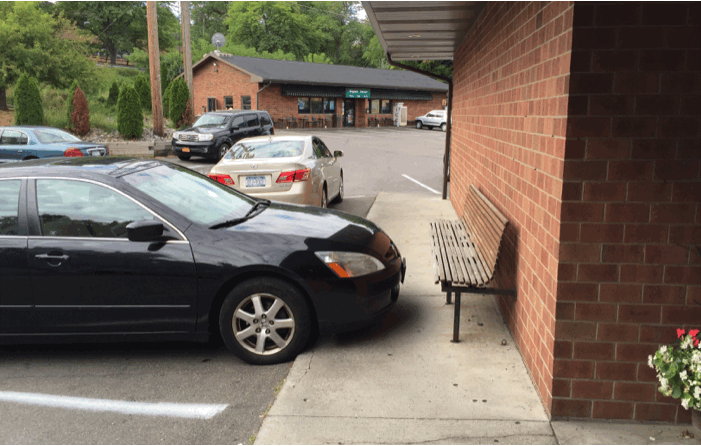How Perspective-Taking Can Improve Your Life
 Erin Powers
·
1 minute read
Erin Powers
·
1 minute read
Today I’m exploring one of the four simple rules of systems thinking (DSRP) from the book Systems Thinking Made Simple: New Hope for Solving Wicked Problems.
The four rules (to make distinctions and to recognize systems, relationships, and perspectives) operate simultaneously, so it is a bit artificial to look at one in isolation. But for simplicity, let’s focus on perspectives. How can enhancing your ability to take perspectives improve your life?
Avoid gaffes:
Ask yourself the following when you think you’ve something funny to say in a group: “Will this joke be funny to people who do not share my perspective or mental model?”
Write better:
Take the perspective of anyone but you—don’t assume that everyone knows what you know or will just “get it”. Beyond that, think about what you are asserting from different perspectives: Is it still valid? Does it require additional elaboration or evidence?
Be a better friend, partner, colleague:
Taking perspective is equivalent to “walking a mile in another’s shoes.” This is time-consuming, takes effort, and is not usually our first impulse when stuck in disagreement or misunderstanding.
Take Things Less Personally:
Ever heard the expression, “It’s not about you?” Many times when we feel slighted or ignored it can be traced to difficulty seeing beyond our own perspective. Your friend’s lack of contact likely has much more to do with his own constraints and has no bearing on how he feels about you. Have you considered what he might be contending with?
Be a better communicator:
Thinking in a perspectival way, we understand our friends, colleagues, and family often don’t look at interactions from our perspective. Therefore, they might not be able to guess how we feel (so we should speak if we want that to be known).
Be a better group member:
The better you get at perspective-taking, the better you will become at finding solutions and compromises that encompass the interests of more group members. You will also learn to think from the perspective of the group, which can differ substantially from those of group members (especially those who define their interests myopically).
Be a better problem-solver and thinker:
Many seemingly intractable problems result from the inability of those involved to take different perspectives.
Perspective-taking is just one of four keys to cognition discussed in Systems Thinking Made Simple: New Hope for Solving Wicked Problems.
.png?width=150&height=150&name=CRL%20GOAT%20Logo%20(4).png)


